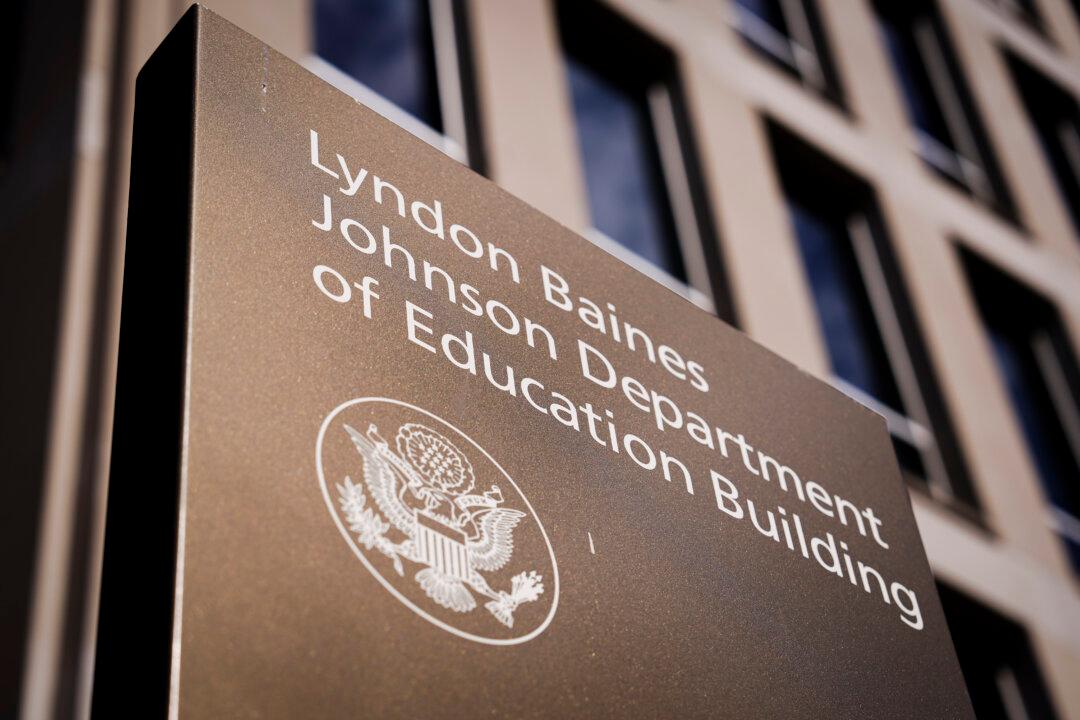A federal judge has blocked new Title IX regulations in another six states, bringing the total number of states in which the U.S. Department of Education (DOE) won’t be able to enforce the changes to 21.
The six new states are Arkansas, Iowa, Missouri, North Dakota, Nebraska, and South Dakota.





